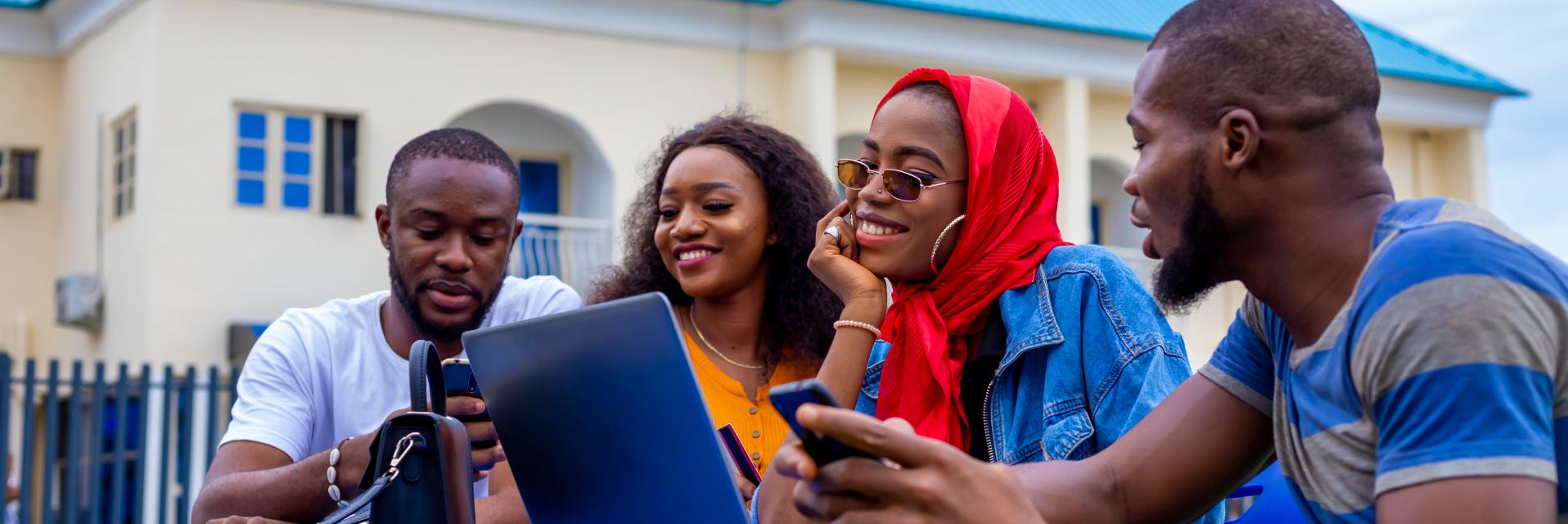Announcement in Brief
| Type : | Self-paced Online Course |
| Programme Area : | Climate Change |
| Beginning of the course : | 1st - 19th November 2021 |
| Duration : | 3 Weeks |
| Language : | English |
| Location : | Web Based E-Learning |
| Fee : | No Fee |
| Application Deadline : | 27th October 2021 |
| Specific target audience | No |
| Website : | https://services.unidep.org/e-idep |
| Applications : | https://www.unidep.org/?apply |
Program Rationale
It is now scientifically factual that climate change is one of the most critical global environmental challenges of our time, and the main cause of climate change is equivocally human activities (IPCC,2018). Recent extreme weather events and fires all over the globe have demonstrated our growing vulnerability to climate change. As of now climate change impacts continue to affect various sectors, including the agricultural sector, food security, ecosystems, sea level to rise, energy sector, water resources, health sector and sustainable economic developments.
There is no doubt that climate change has created elevated levels of uncertainty about our future and amid this uncertainty, one thing is certain and that is we will leave the Earth to our children, young people and future generations. The young people are increasingly aware of the challenges and opportunities that the necessary transition to low carbon growth entails, and many are joining the global dialogue on solutions, getting involved and taking action. As young people work across the globe to determine their future by acting on climate change, their actions inspire us all (United Nations, 2013).
In accordance with the United Framework Convention on Climate Change (UNFCCC), “youth” is defined to include people between the ages of 15 and 24 years (YOUNGO, 2020). However, in everyday life there are differing views on what constitutes youth, with attitudes varying within communities, across cultures and nations about who is considered young and what roles different age groups are expected to perform. In this training, the definition of “youth” will be left open to nations to decide as to who qualifies to be labelled a youth person.
Learning Objectives
The ultimate objective of this work is to develop the capacity of African youth in the UNFCCC climate change negotiation. This e-tutorial will focus on the following themes: 1) Structures of the Conference of the Parties (COP/CMP/CMA) process, and 2) National delegations and participation in the negotiations.
At the end of the course participants should be able to:
- Define the following entities: climate system, climate, greenhouse gas effect, global warming and effects of climate change,
- Explain the Intergovernmental climate change processes (history of climate change, governance system, articles of the climate change convention and its treaties, institutional arrangements,
- work of established bodies, gender, engagement of other intergovernmental organization and the private sector in the intergovernmental process of climate change),
- State the advancement in the implementation of the UNFCCC and its treaties ((mitigation/NDC, adaptation, loss and damages, periodic review and stocktake), means of implementation (Finance, development of technology and transfer, and capacity building), communication, Action for Climate Empowerment (ACE), research and systematic observations, cooperative approaches, transparency frameworks and compliance systems in the UN convention on climate change and it treaties),
- Explain briefly the outcomes of the annual UNFCCC conferences (COP/CMP/CMA),
- Explain the importance of the National delegation and participation in the negotiations.
- Identify key elements of UNFCCC COP 26 to be achieved in the UK, outstanding negotiated elements of the Paris Agreement’s rulebook and activities on the road to COP 26,
Course Content
Learning Modules for Online Training On Climate Change Negotiations for Young African Negotiators
Study Guide for Training of African Youth on UNFCCC Processes, Delegation and Negotiation

